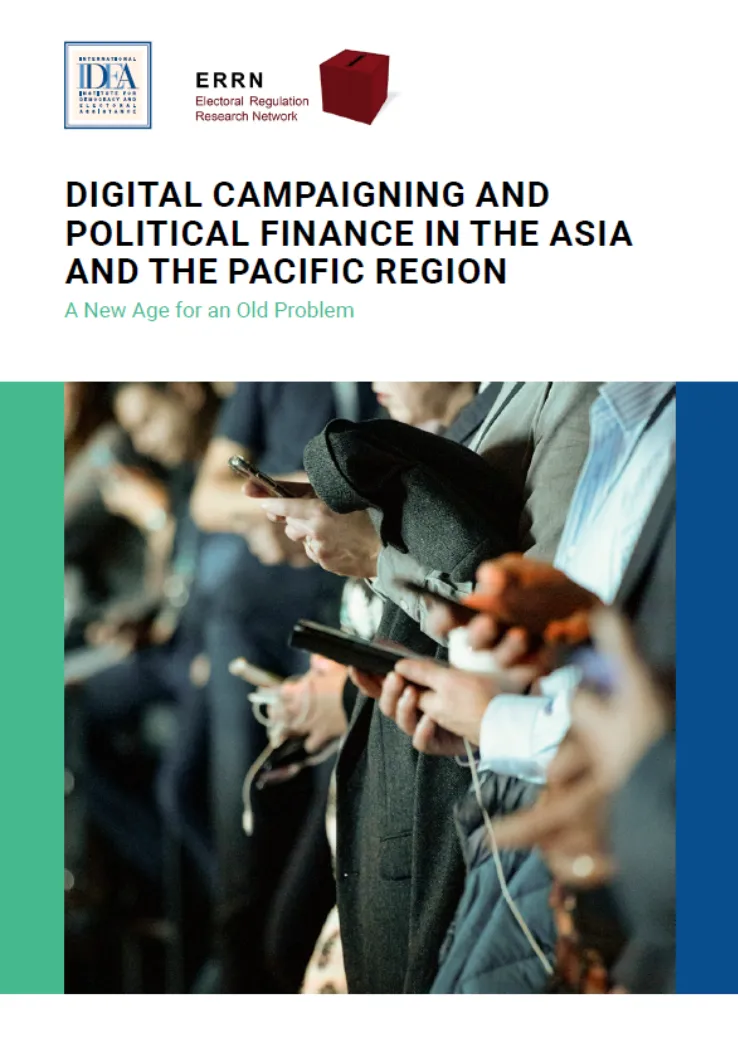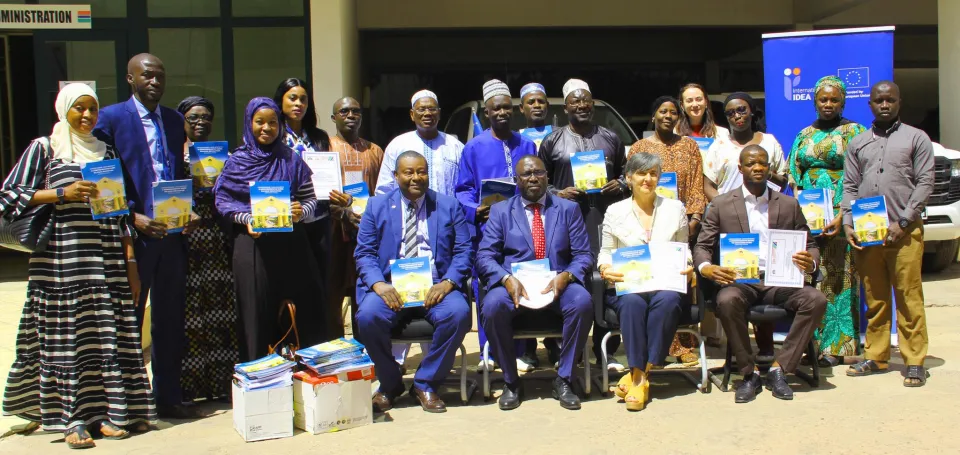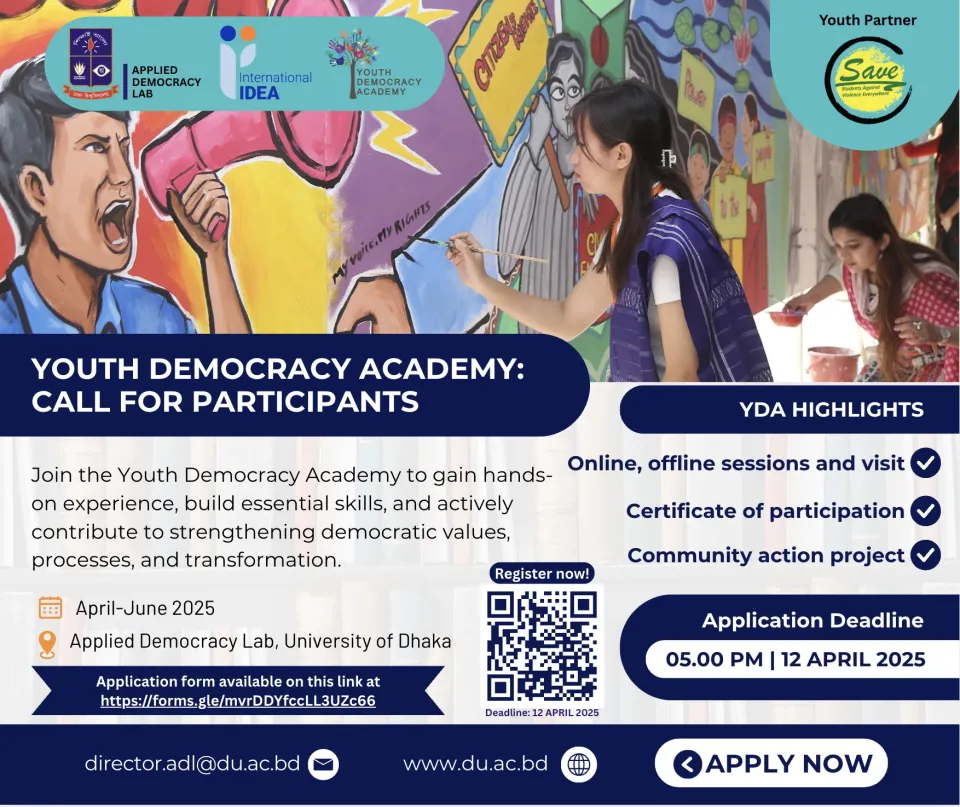International IDEA launches Political Finance in the Asia and the Pacific region report

The Digital Campaigning and Political Finance in the Asia and the Pacific region report, co-authored by Professor Joo-Cheong Tham, Director, Electoral Regulation Research Network, Professor Andrea Carson, Department of Politics, Media and Philosophy, La Trobe University, Adhy Aman Senior Programme Manager, International IDEA, and Amy Chinnappa, Lawyer and Policy Consultant, was launched on Tuesday 25 October 2022 at Melbourne Law School by Dr Kevin Casas-Zamora, Secretary-General, International IDEA.
Featuring remarks from Warwick Gately, Victorian Electoral Commissioner, Tom Rogers, Australian Election Commissioner and Anil Verma, Association for Democratic Reforms, the launch event provided the opportunity for electoral experts and researchers to discuss the nexus of digital campaigning, political financing and the regulation in the region.
Drawing on insights from Australia, India, Indonesia, Japan and Kyrgyzstan, the report connects the global decline of democracies to digital disruption and calls for strengthened regulatory frameworks along with its enforcement to prevent monied interests and hidden actors from influencing the outcome of democratic elections.
In his opening remarks, Warwick Gately touched on the difficulty of navigating existing campaign regulations within the context of the modern digital landscape and online campaigning strategies.
“These are more complex tactics that skirt the lines of what is and what isn’t allowed in traditional campaigning. In short, it is a grey area in which transparency about their identity [digital actors] and the financial arrangements between the candidate and the influencer is obscured,” he said, before calling for regulatory nuance in dealing with online campaigners.
In the full report, the co-authors call for reform efforts on establishing an effective regulatory framework for political financing. Robust disclosure obligations, effective spending limits, a compliance and enforcement regime and ongoing monitoring and research will be crucial in bringing transparency to this space.
International IDEA’s Secretary-General, Dr Kevin Casas-Zamora, said that while money in politics has been “unfairly maligned”, money is a necessary component of any democracy and instead must be regulated rather than demonised, adding that money in fact enables greater political representation.
“What is clear, however, is that money in politics must be regulated. Inadequately controlled funding of political parties and election campaigns is one of the most widely exploited entry points for narrow private interests to exert undue influence over politics.”
“Money can significantly distort the democratic process, moving us farther from the goal of equality among citizens and toward a situation where economic means dictate political ends … Citizens are quite adept at noticing when their governments fail to respect their rights and reflect their interests. When citizens lose confidence that politicians are working to benefit them, this loss of trust can become a serious threat to democracy,” he said.
Australia’s Electoral Commissioner, Tom Rogers, picked up on Casas-Zamora’s linkage of money and representation, agreeing that “money in politics” is “not a dirty word” and that effective regulatory systems benefit both lawmakers and the voting public.
“It’s up to parliament to self-assess, as the people’s representative, against the effectiveness of funding and disclosure scheme [in Australia] that supports political discourse in this country. Reports like this one are really important because they help focus public opinion and help parliamentarians maintain a view of the effectiveness of their own regime,” he said.
All countries are now experiencing an increasingly digitalised campaigning space. For most, government and media regulators have not caught up, with many scrambling to grapple with this new reality.
In India, the Asia-Pacific’s most populous democracy, ever increasing sums of money are being spent on digital campaigning. Like many electoral management bodies around the world, the Election Commission of India (ECI), the country’s election commission, is grappling with the scale of digital disruption to their election process.
“ECI’s transparency guidelines lack statutory authority and legal consequence,” said Anil Verma from the Association for Democratic Reforms, calling for enhanced enforcement capability for the commission.
Joo-Cheong Tham summarized the key challenge: “In many countries there isn’t [any] regulation. The problem is not the scope of regulation, it’s the absence of regulation in and of itself.
“Absence of regulation matters.”




